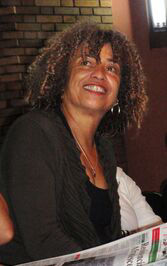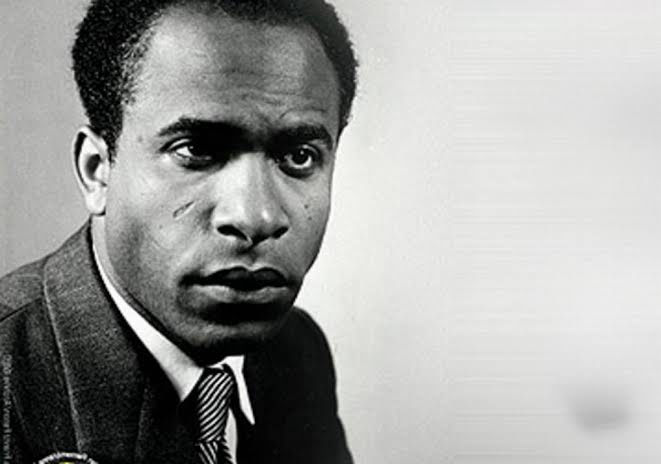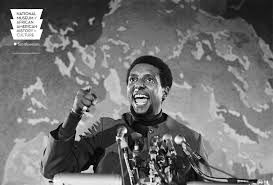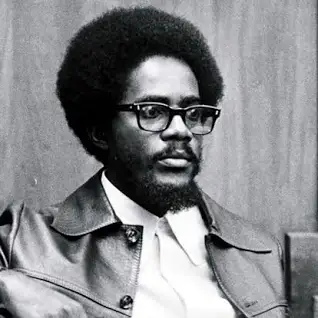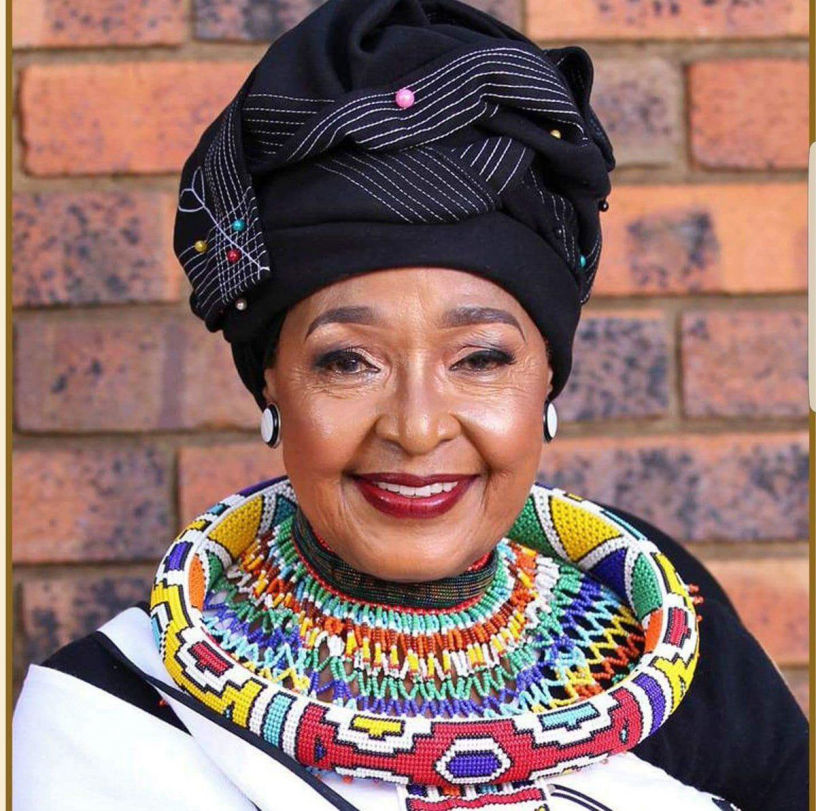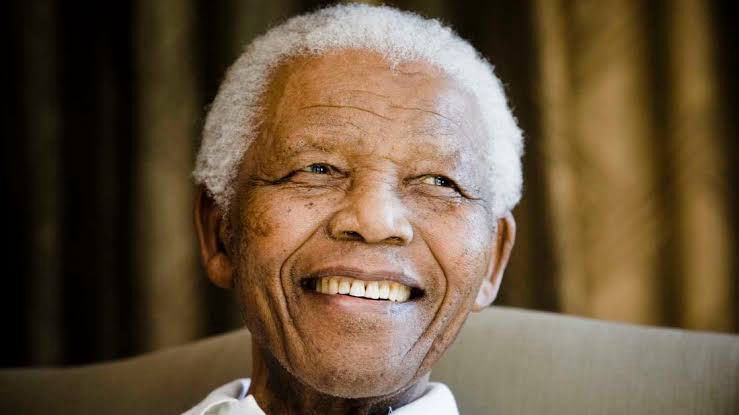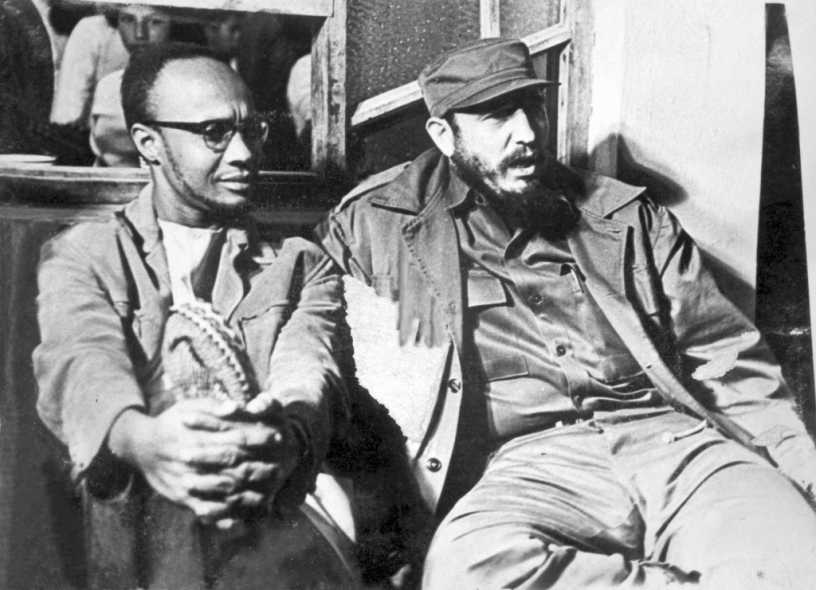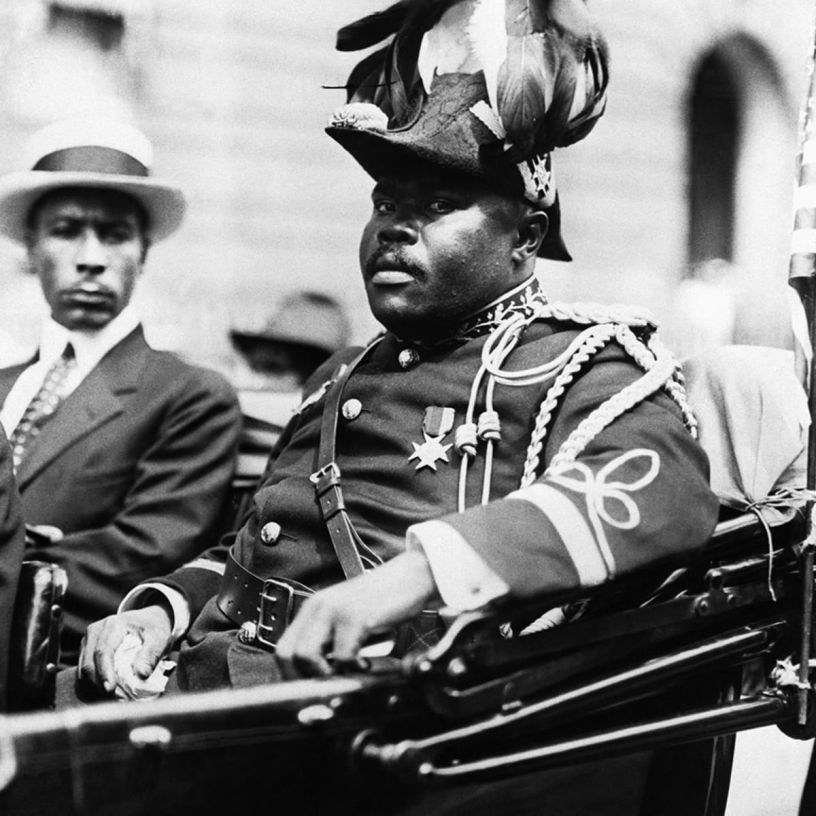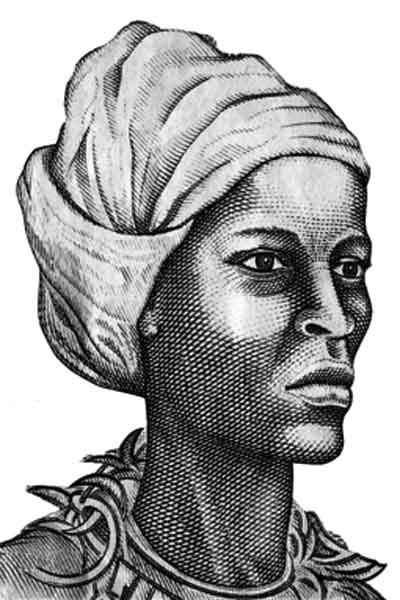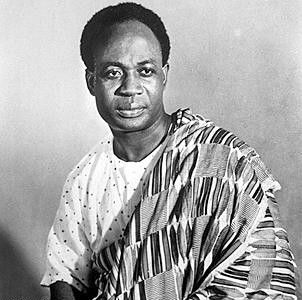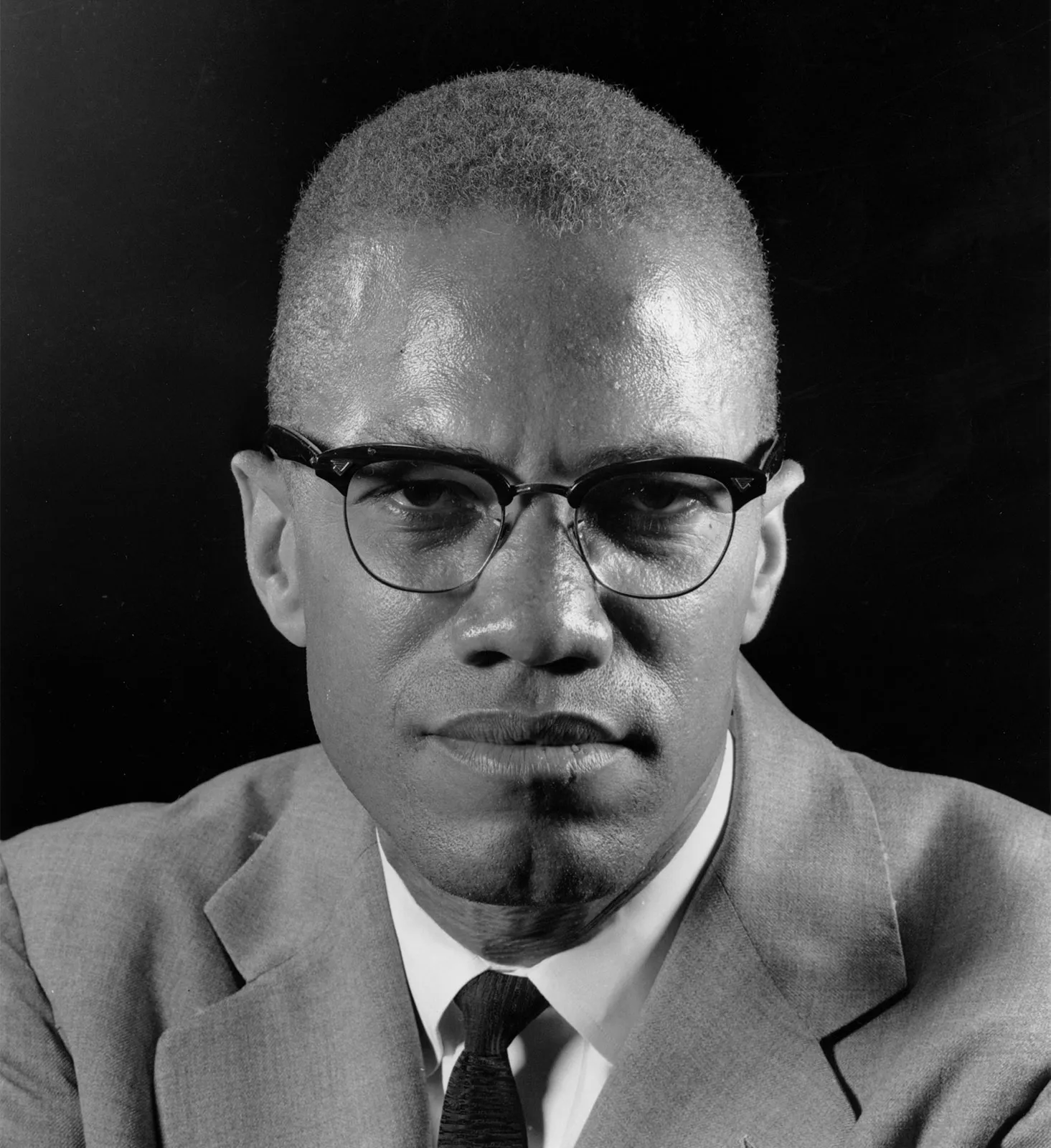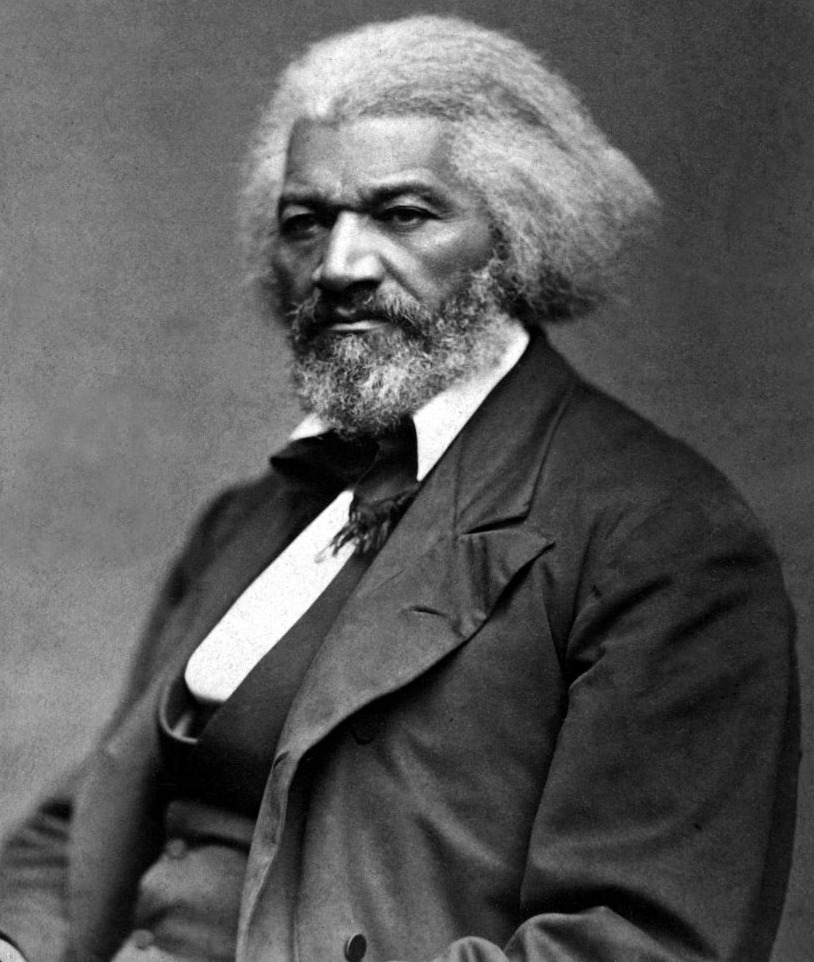Revolutionary
Black Heros
Angela Y. Davis
Angela Yvonne Davis is an American political activist, scholar, and author who gained recognition in the 1960s as a leader of the Communist Party USA and through her involvement in the Civil Rights Movement. She is the founder of Critical Resistance, an organization aimed at abolishing the prison-industrial complex, and a former professor at the University of California, Santa Cruz.
Frantz Fanon
Frantz Fanon's quotes express the need to question consciousness and remain open-minded. Psychiatry has led to Arab depersonalisation. Decolonisation is a violent and absolute substitution. Building projects should involve citizens to enrich their awareness and assume responsibility for their creations.
(Read More)
Kwame Ture
Kwame Ture was a Pan-African revolutionary and Honorary Prime Minister of the Black Panther Party. He was born in Trinidad but grew up in the US, where he became an activist while attending Howard University. Ture developed the Black Power movement and was considered a "Black Messiah" by COINTELPRO, which targeted him.
